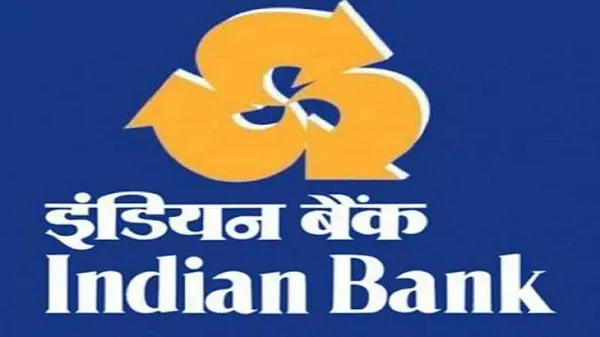Paytm Money, the stockbroking subsidiary of One 97 Communications (OCL), which runs Paytm, has appointed a new chief executive officer, said people in the know. Sandiip Bharadwaj, who was the chief operating and digital officer at HDFC Securities, is set to occupy the corner office at Paytm Money, the people added.
At HDFC Securities, Bharadwaj was leading the tech-led discount broking business, HDFC Sky. Prior to that, he worked with IIFL Securities and Angel One.
"Bharadwaj left HDFC Securities a month or so back," said one the people mentioned earlier.
ET has reached out to both Paytm Money and HDFC Securities for comments.
Rakesh Singh, the current chief executive at Paytm Money had joined the firm last year. He is now expected to assume a different role within the group, one of the people said. Singh took over from Varun Sridhar stepped down in June 2024. Sridhar subsequently became the CEO of Paytm Services.
Paytm Money competes with the likes of IPO- bound Groww, Zerodha, Dhan and Angel One.
Founded in 2017, Paytm Money had around 724,249 active traders as of end-June, according to NSE data. In its FY25 results, OCL said Paytm Money had disbursed Rs 92 crore in margin trade funding, a regulated activity under its stockbroking licence. In FY24, it reported total revenue of Rs 195.7 crore and net profit of Rs 71 crore—marking its second straight year of profitability.
While its FY25 financials are yet to be disclosed, during the March-quarter earnings call, Paytm founder Vijay Shekhar Sharma said the company was close to clocking annualised revenue in the Rs 200–300 crore range.
Also Read: Paytm Q4 revenue drops 16%, losses persist: Key takeaways
Commenting on the business, Madhur Deora, group CFO of Paytm, said: “We also launched MTF (margin trade funding) in December of last year, which is scaling up nicely. And we’re very positive that the customer retention is good, and we’re very positive about scaling that business over the next two or three years.”
Unlike many of Paytm’s other verticals, Paytm Money became profitable in FY23. Initially launched as a direct mutual funds platform to build its user base in wealth management, it has since expanded into stock trading, National Pension Scheme (NPS), and exchange-traded funds (ETFs).
At HDFC Securities, Bharadwaj was leading the tech-led discount broking business, HDFC Sky. Prior to that, he worked with IIFL Securities and Angel One.
"Bharadwaj left HDFC Securities a month or so back," said one the people mentioned earlier.
ET has reached out to both Paytm Money and HDFC Securities for comments.
Rakesh Singh, the current chief executive at Paytm Money had joined the firm last year. He is now expected to assume a different role within the group, one of the people said. Singh took over from Varun Sridhar stepped down in June 2024. Sridhar subsequently became the CEO of Paytm Services.
Paytm Money competes with the likes of IPO- bound Groww, Zerodha, Dhan and Angel One.
Founded in 2017, Paytm Money had around 724,249 active traders as of end-June, according to NSE data. In its FY25 results, OCL said Paytm Money had disbursed Rs 92 crore in margin trade funding, a regulated activity under its stockbroking licence. In FY24, it reported total revenue of Rs 195.7 crore and net profit of Rs 71 crore—marking its second straight year of profitability.
While its FY25 financials are yet to be disclosed, during the March-quarter earnings call, Paytm founder Vijay Shekhar Sharma said the company was close to clocking annualised revenue in the Rs 200–300 crore range.
Also Read: Paytm Q4 revenue drops 16%, losses persist: Key takeaways
Commenting on the business, Madhur Deora, group CFO of Paytm, said: “We also launched MTF (margin trade funding) in December of last year, which is scaling up nicely. And we’re very positive that the customer retention is good, and we’re very positive about scaling that business over the next two or three years.”
Unlike many of Paytm’s other verticals, Paytm Money became profitable in FY23. Initially launched as a direct mutual funds platform to build its user base in wealth management, it has since expanded into stock trading, National Pension Scheme (NPS), and exchange-traded funds (ETFs).





